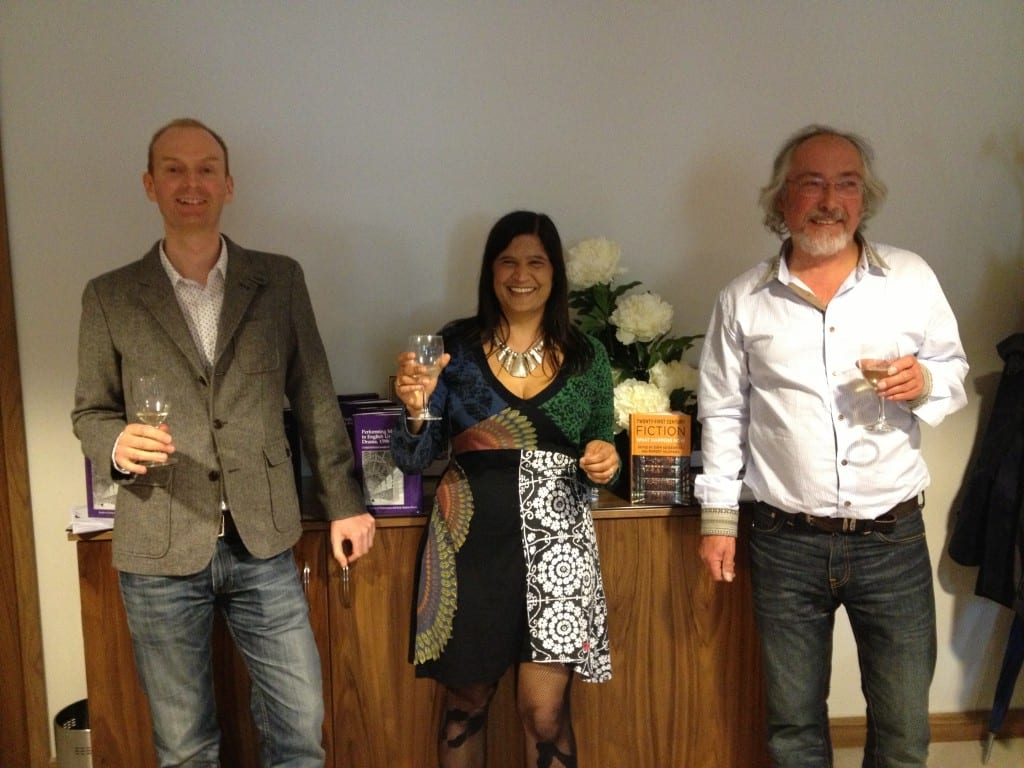Wednesday 5th March, 4.15-5.30, MC0024
Dr Ruth Charnock
“I want what everyone wants”: cruel optimism in HBO’s Girls.
Since it first aired in 2011, HBO’s Girls has garnered both praise and condemnation for its portrayal of four twentysomethings negotiating relationships, careers and their friendships with each other in New York City. Whilst Girls both obviously and consciously draws points of comparison with the earlier Sex and the City, the former displays a more fraught engagement with notions of the ‘good life’, as this paper will argue. In using the term ‘the good life’, this paper draws on an existing body of work by theorists within the Chicago Feel Tank project, particularly Lauren Berlant, whilst also extending this work into a more pointed discussion of the rendering of austerity within popular cultural texts by millennials, for millennials. Sex and the City emphatically indexed designer clothes, V.I.P lounges and rent-controlled apartments as markers of the pre-recession good life. However, in Girls the very notion of the good life as a desirable and even conceivable object of fantasy is up for contest. Instead, the series interrogates the affects of austerity and is particularly interested in a specifically millennial malaise, characterised by itinerant internshipping, brutalising sex, fraying friendships and disappointed aspirations. In thinking through the series’ ambivalence towards the possibility of the good life, this paper will focus mostly on one episode from season 2, entitled ‘One Man’s Trash’ which plays out Berlant’s theorisation of disappointment and failed optimism within contemporary culture.


